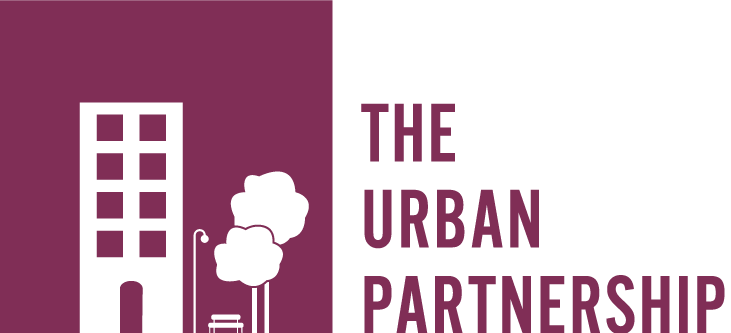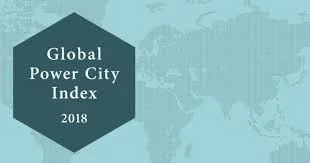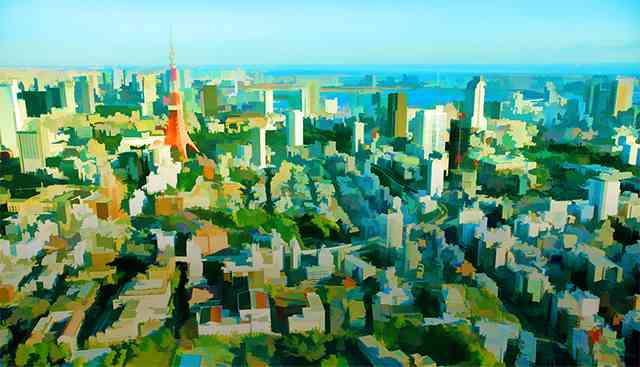Washington, DC: What it means to be a global city
In my role as Chairman of the National Cherry Blossom Festival, an organization which was nurtured back to vibrancy through cooperation with the Downtown Business Improvement District over the last 15 years, I had a chance recently to join Diana Mayhew, its Executive Director, on a visit to Tokyo to meet with government leaders and corporate sponsors. The Japanese government values the festival immensely as a highly visible manifestation of Americans valuing Japanese culture and traditions. It also underscores the solid friendship between the two countries, which has immense strategic and global importance for both.
In Tokyo, I had a chance to meet with representatives of The Mori Memorial Foundation, founded by Hiroki Mori, who created one the largest commercial development companies not only in Tokyo but the world. The work of the foundation is intended to assist leaders in Japan to better understand how to compete globally with other cities and countries. It focuses on identifying best practices that can be shared by all. The Foundation, through its Institute of Urban Strategies, develops an annual Global Power City Index, which “evaluates and ranks the major cities of the world according to their ‘magnetism,’ or their comprehensive power to attract people, capital, and enterprises from around the world.” Given the role played by the Cherry Blossom Festival in terms of its global significance, it was not surprising to discover that as of the end of 2017, Washington, DC ranked 29th in the world. Only five other US cities: New York, Chicago, Los Angeles, Boston and San Francisco, are included in these rankings. The four top global leaders, in descending order, are London, New York, Tokyo and Paris (scroll down to see the the full comprehensive ranking). The survey is based on considering over 70 indicators broken into six superordinate categories including economy, research and development, cultural interaction, livability, environment and accessibility. The indicators include such criteria as GDP per capita, world top 200 universities, number of museums, life expectancy, and percentage of energy used that is renewable. In four of the six categories, economy, R&D, environment and accessibility, Washington ranked in the top 20.
As a general matter, Washingtonians don’t seem particularly concerned with their ranking as global cities. This may be the consequence of the fractured nature of the jurisdictions that comprise the DC metropolitan area, as well as the clear memory that as recently as 20 years ago the District of Columbia was bankrupt and largely omitted from any type of power ranking. However, there are many exemplars of businesses and cultural activities here in Washington that easily can be considered as good as anywhere in the world. The recent decision of Amazon to locate a portion of its expanded headquarters is testament to this standing.
It seems to me that there are many reasons why Washington should welcome being included with these other great cities and should avail itself of the kind of critical review analyses that being part of such a comparison yields. We have much to learn about how and where we could be even better. By looking closely at benchmarks vis-a-vis our counterparts, we can see not only our great strengths but also pathways for strategic improvements. Perhaps through this kind of analysis we could gain insights into key issues such as increasing our green infrastructure or expanding housing affordability.
But there is another reason to be so engaged. Being ranked as among leaders acknowledges great responsibility. We are all part of a global community which faces immense challenges. And certainly, many organizations and institutions in Washington are in the midst of conversations about all of these, particularly matters of environment and global climate change as well as matters of social inclusion and economic equity. We have a lot to learn. We also have a lot to share.
Comprehensive ranking of the 50 most magnetic cities:





